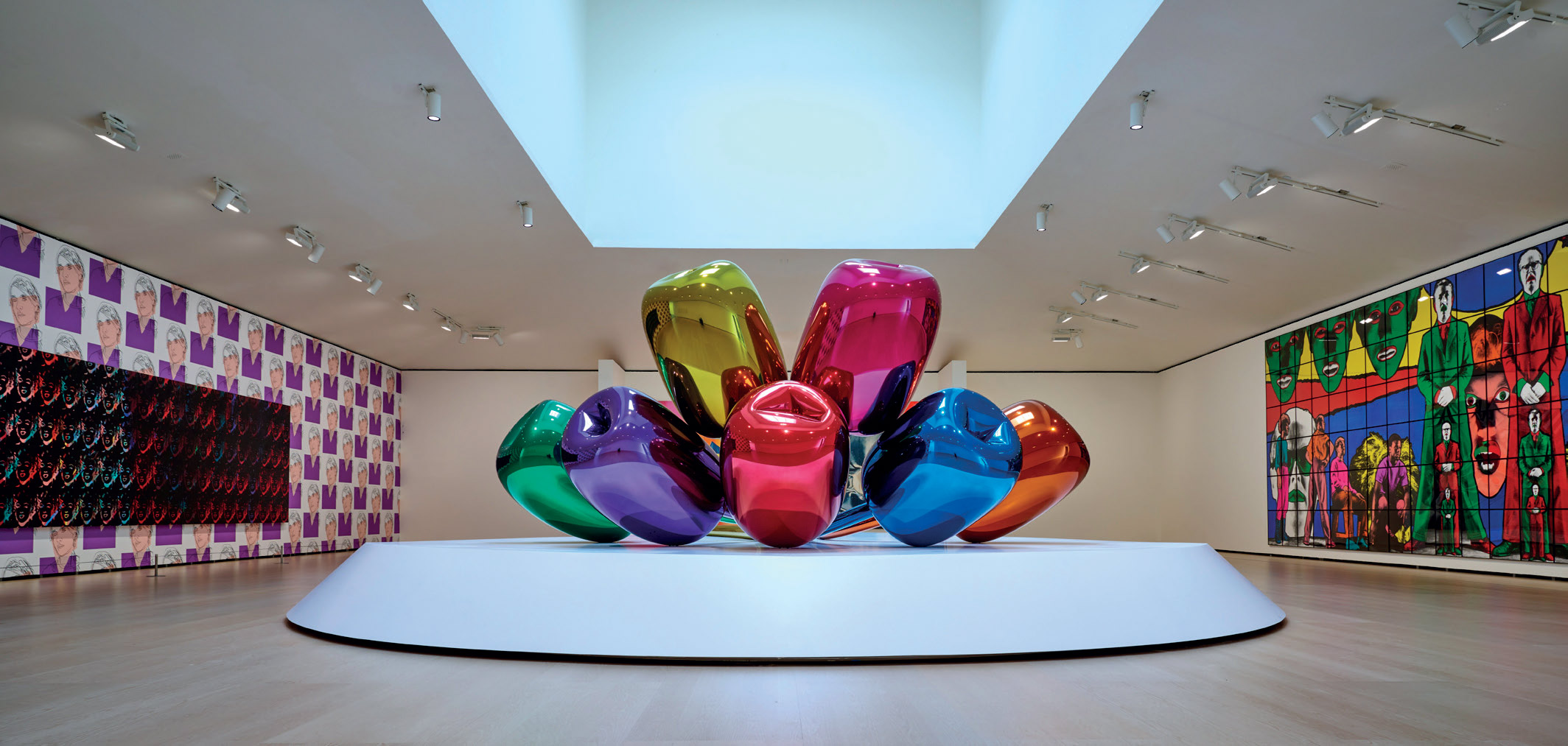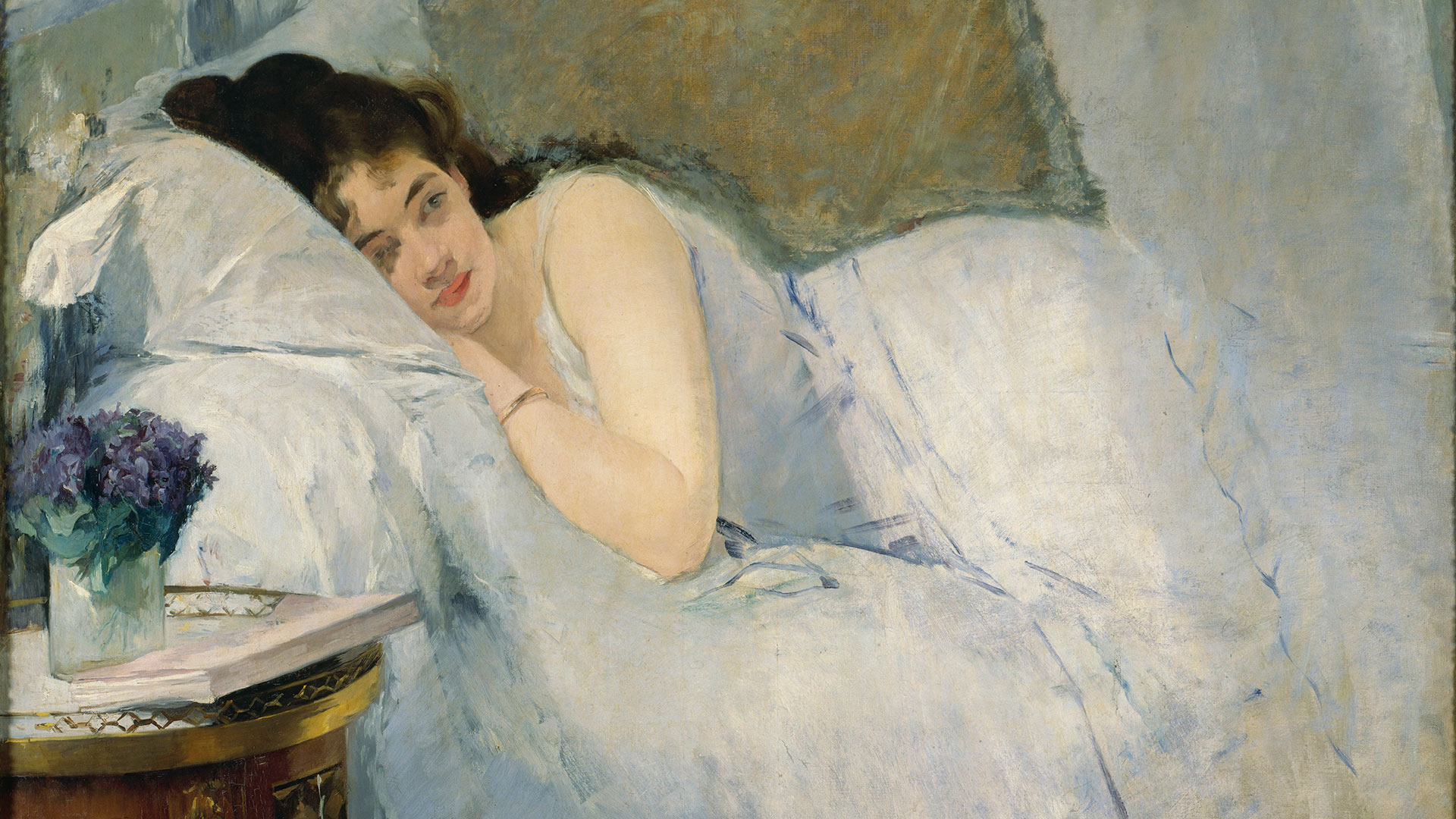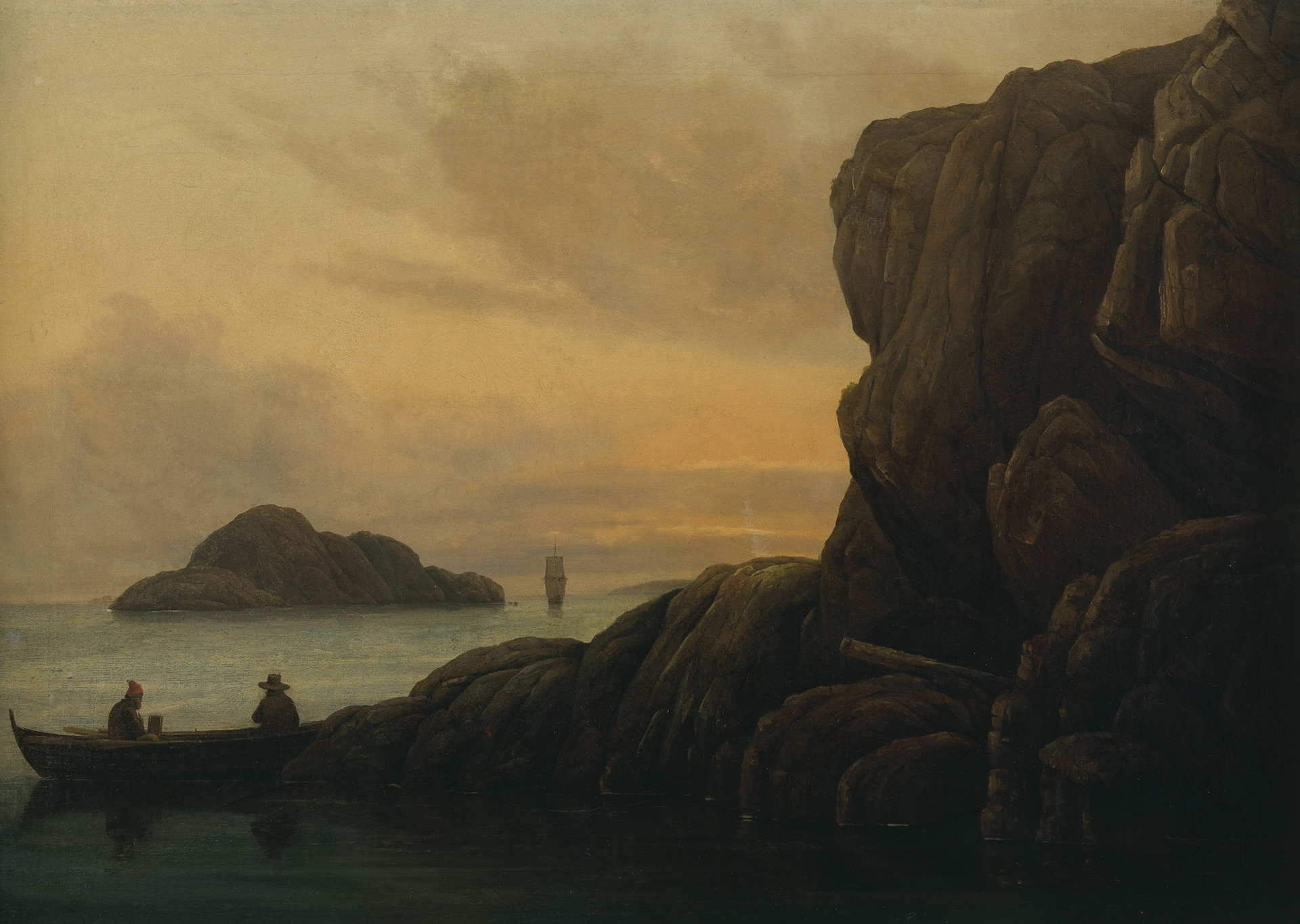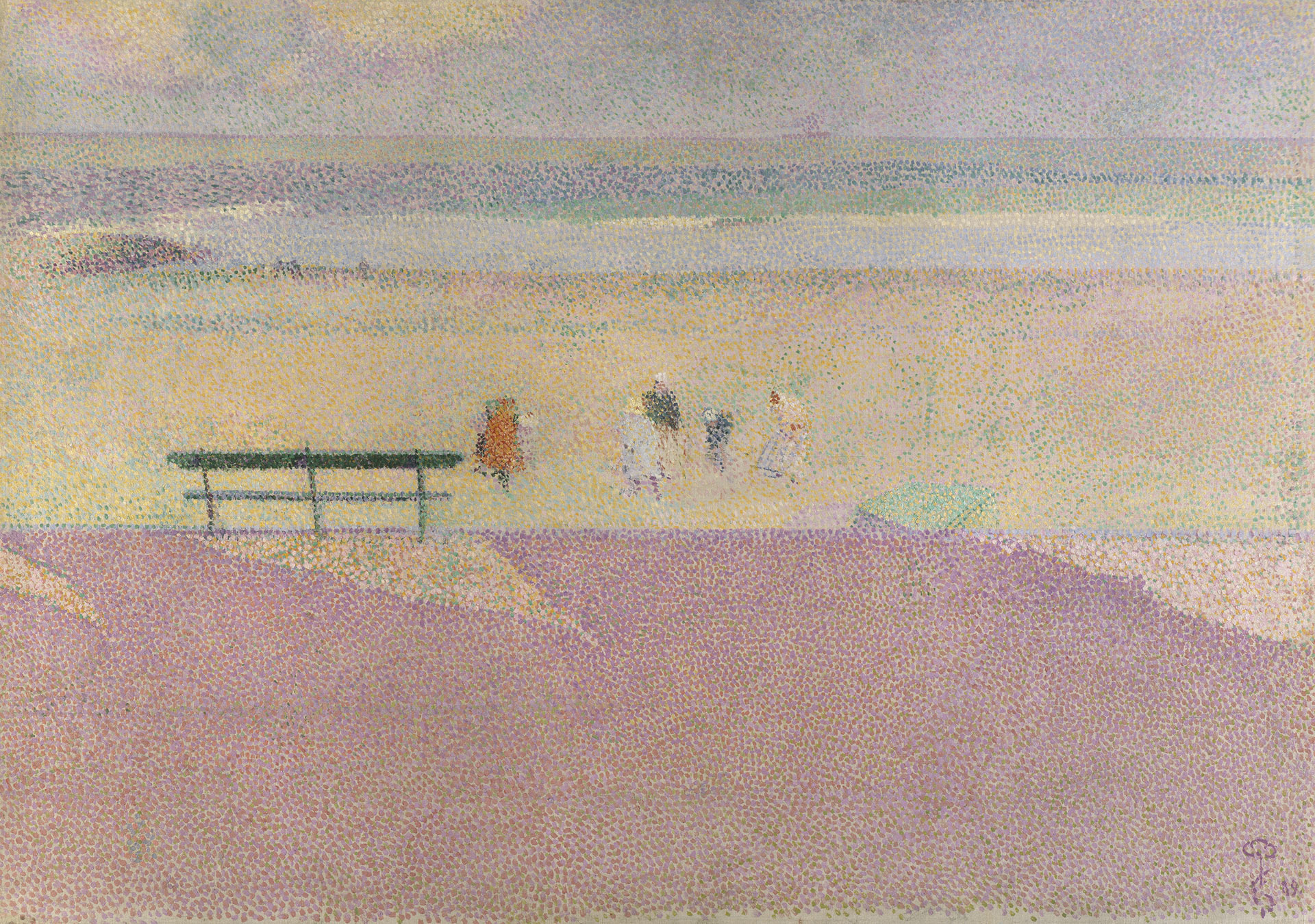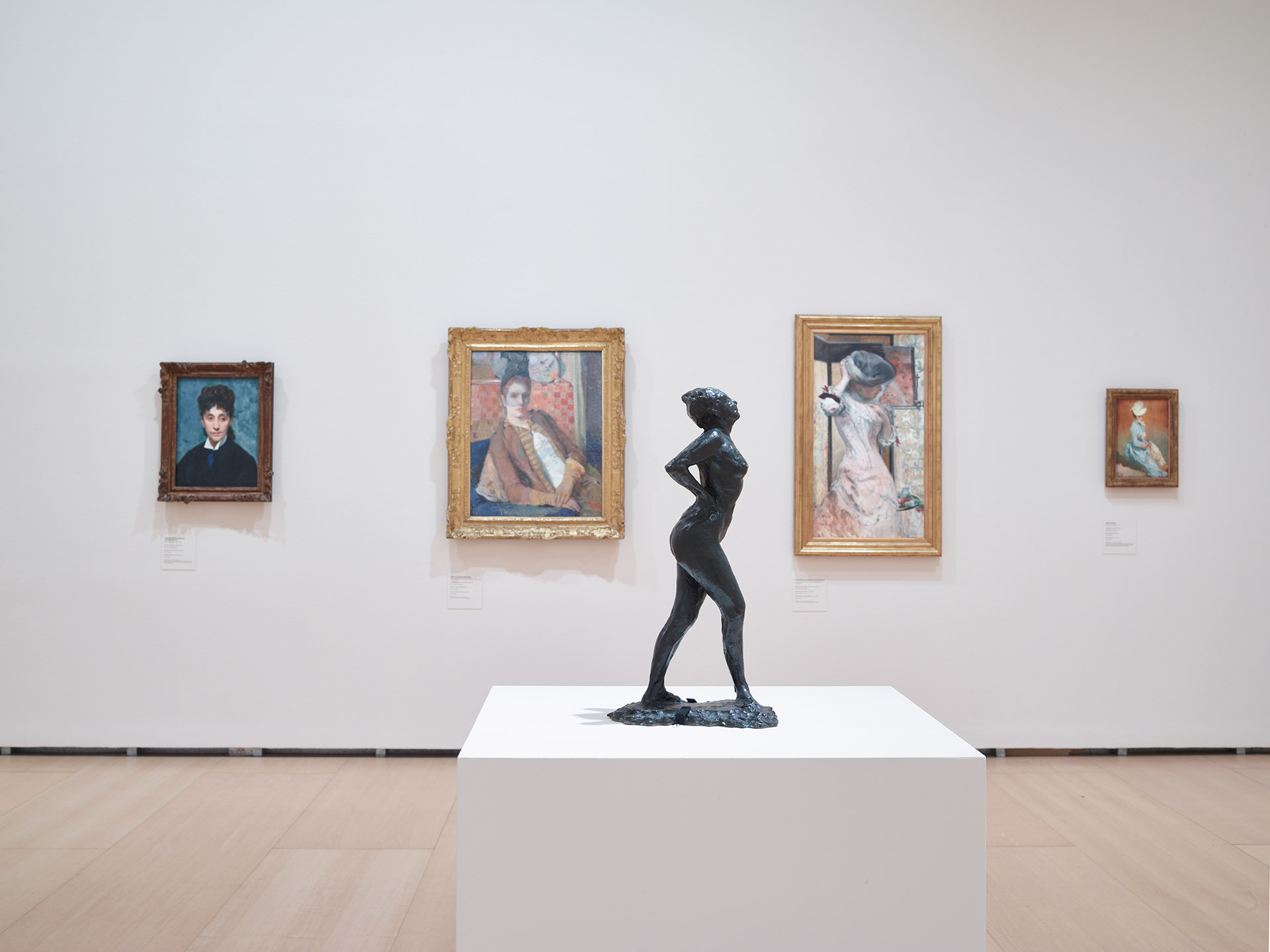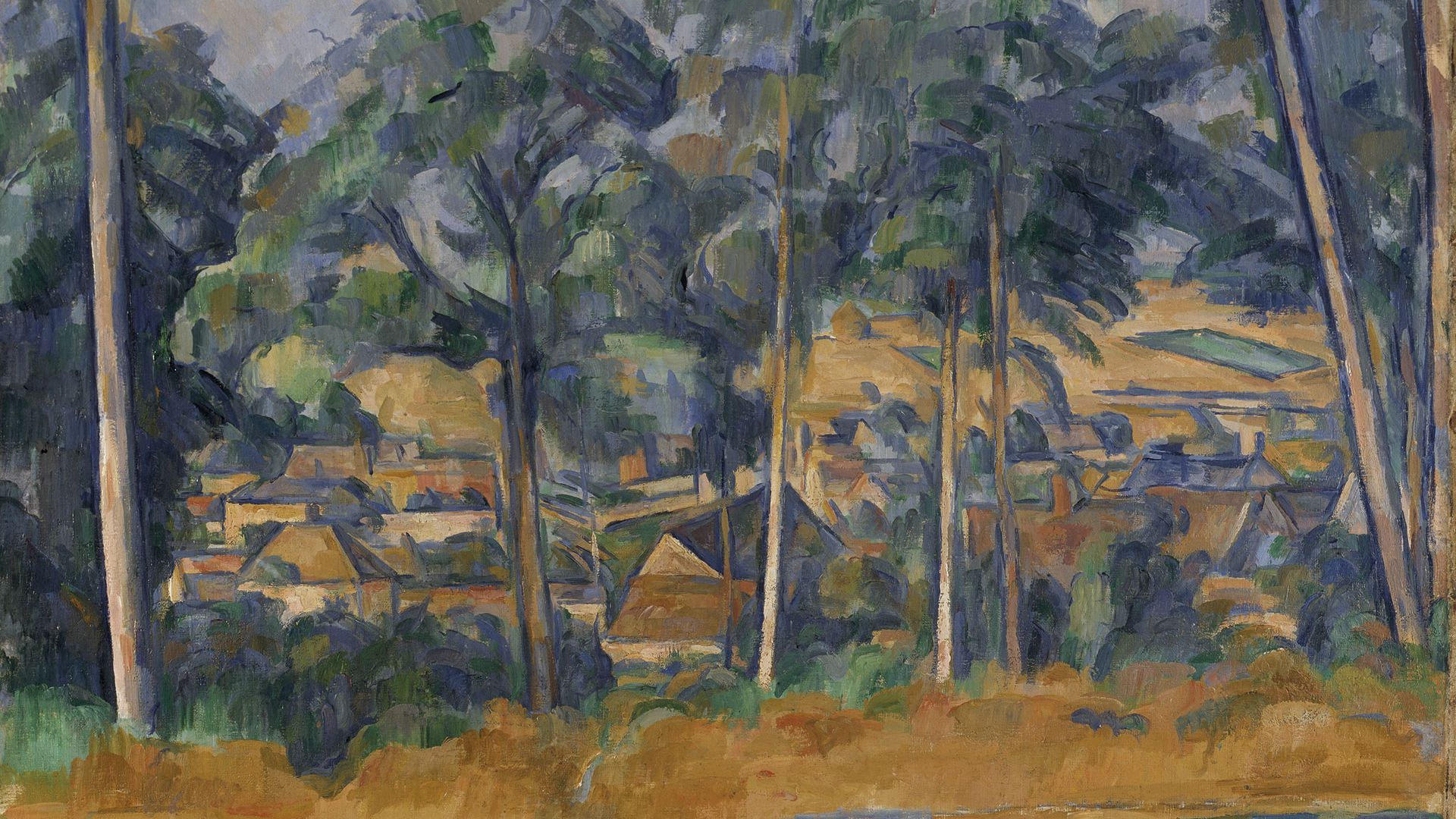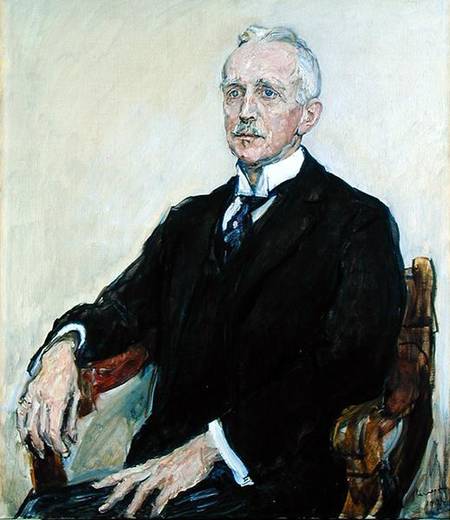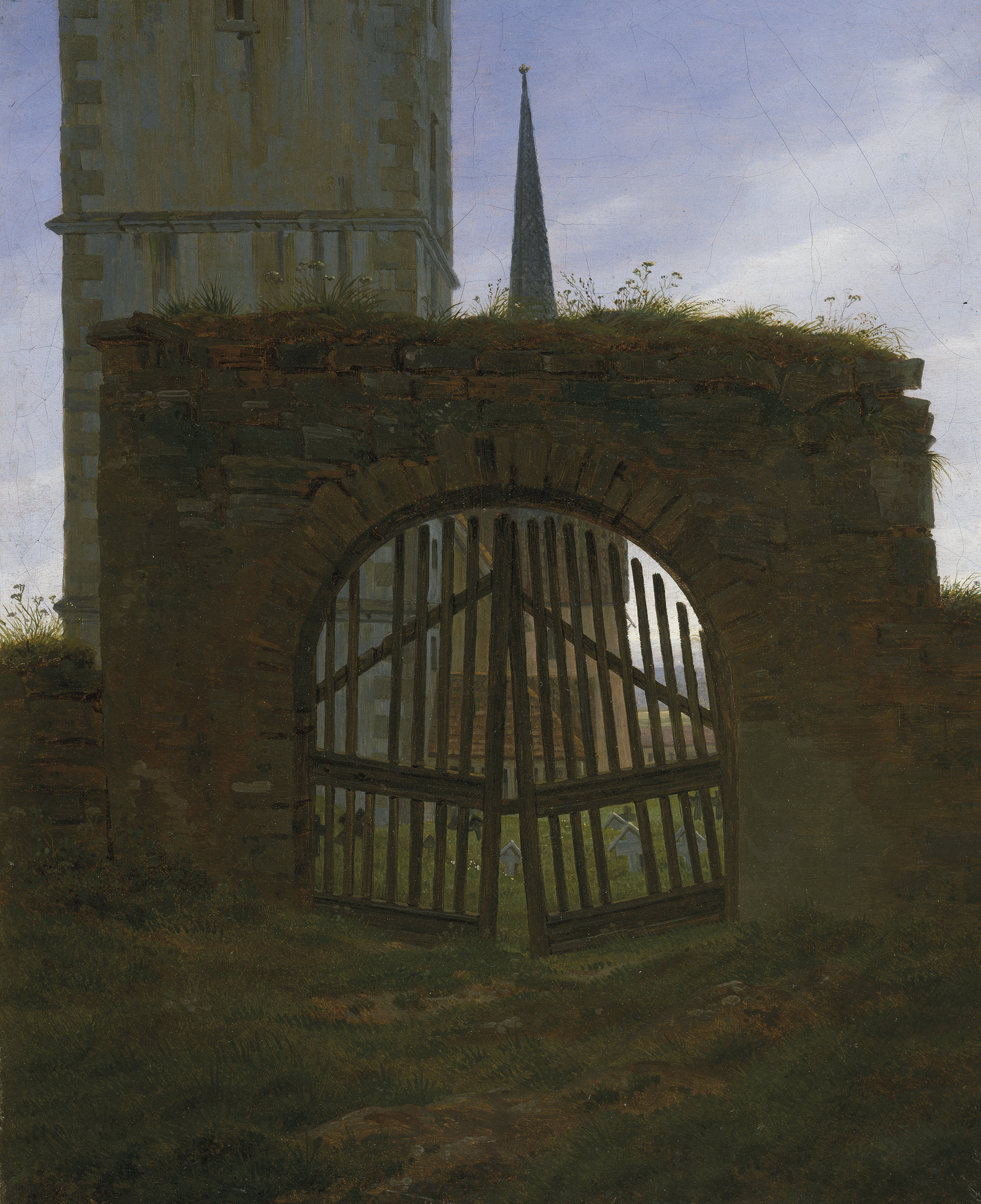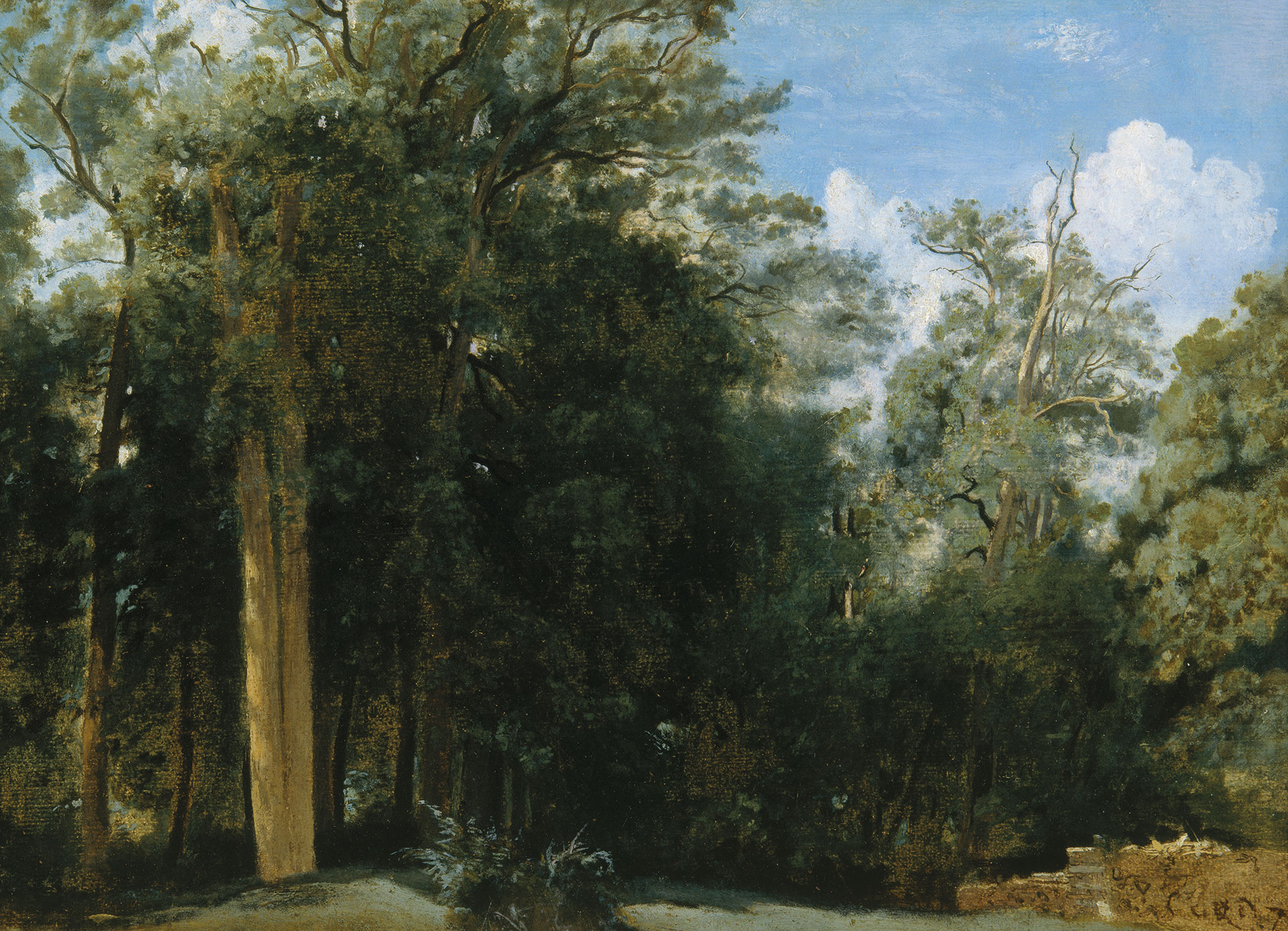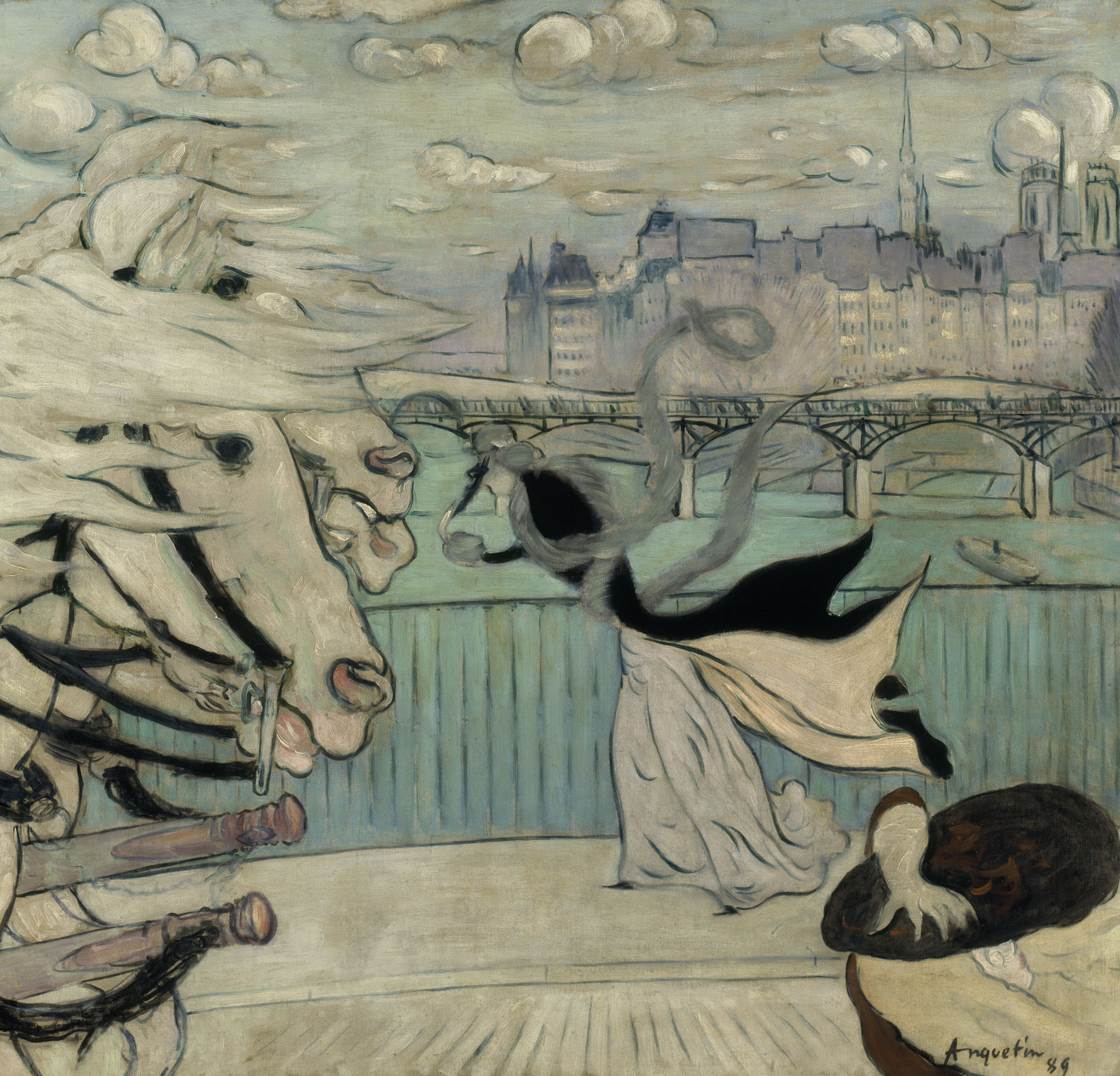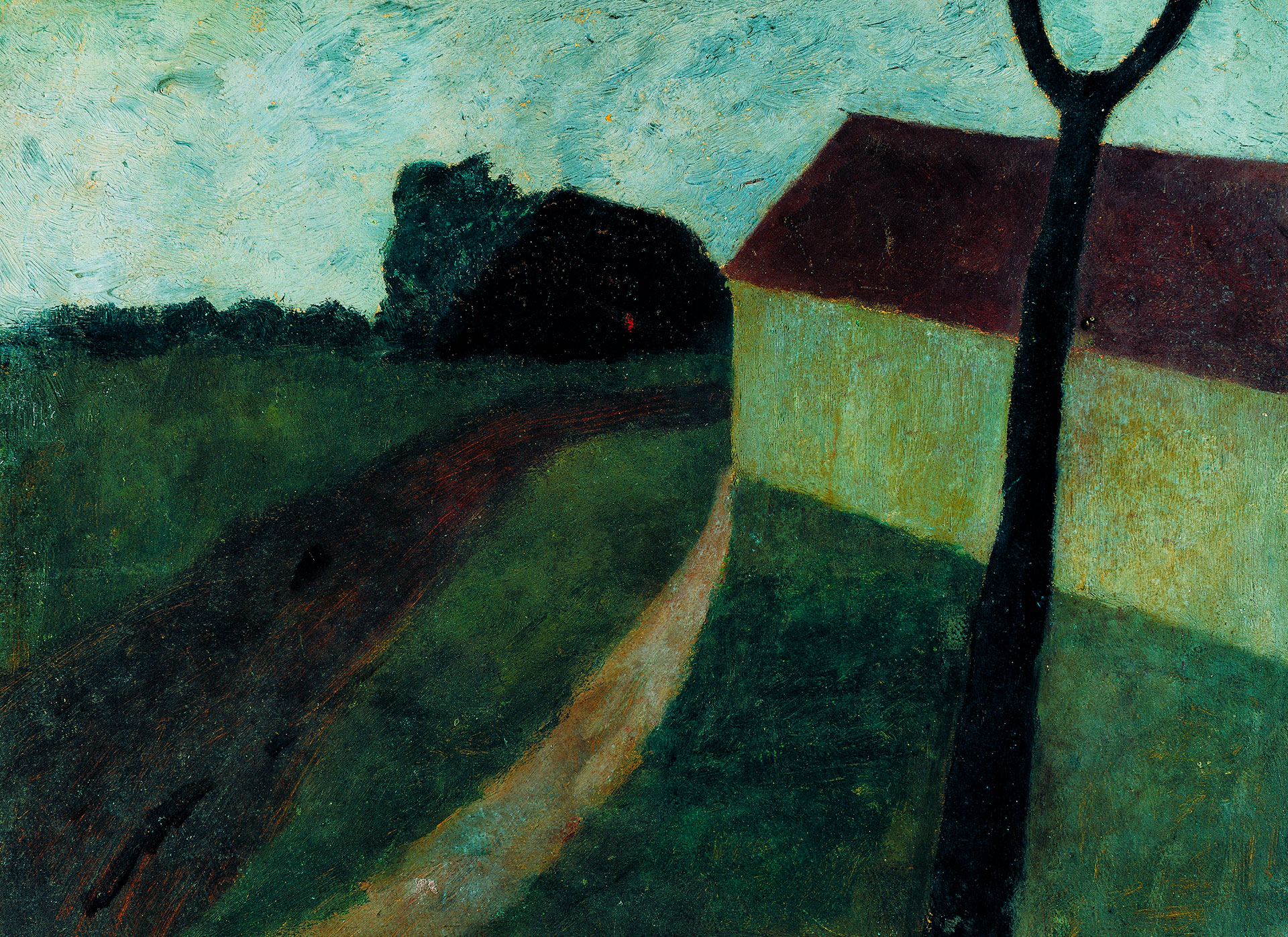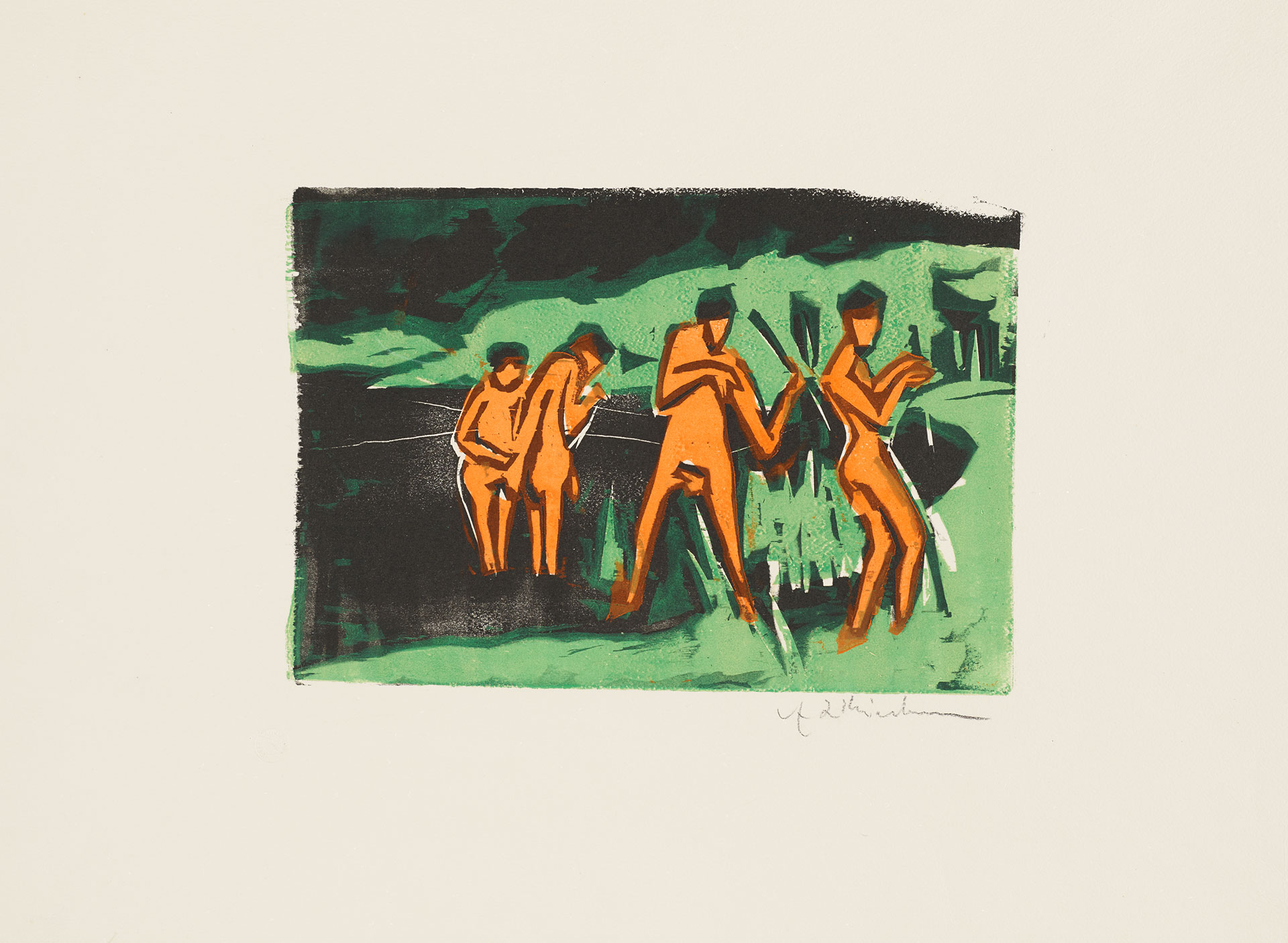Masterpieces of the Kunsthalle Bremen: From Delacroix to Beckmann
10.25.2019 - 02.16.2020
Juxtaposing French and German art from the nineteenth to the first half of the twentieth century, Masterpieces of the Kunsthalle Bremen: From Delacroix to Beckmann tells the history of a German collection and its pioneering engagement with and support of modern art. The exhibition recounts the outstanding story of a museum shaped by a strong sense of civic engagement, an intensive interaction of private collecting with institutional guidance, and an early professional study and championing of modern art. It is a historical development specific to the city of Bremen that nevertheless reflects and sometimes crystallizes national and international debates about modern art and its significance. The exhibition highlights how the Kunsthalle’s collection was influenced by contemporary discourses on modern art and its early reception in Germany, the country that first embraced Impressionism and Post Impressionism. The complex interweaving of local stories, national tendencies, and international movements paints a vivid and unique picture of European art from the late eighteenth to the mid-twentieth century.
The Kunstverein in Bremen was founded in 1823—almost two hundred years ago—by a group of engaged citizens and art lovers with the expressed objective to improve society’s “sense of beauty.” Grown out of the humble beginnings of like-minded art enthusiasts and connoisseurs who met to discuss their collections of prints and drawings, its membership increased rapidly once they began to organize public exhibitions and to form a collection. In 1849 the Kunstverein opened its own museum, called Kunsthalle Bremen. Fifty years later, in 1899, the Kunstverein appointed its first academic director, art historian Gustav Pauli. His scholarly approach sharpened and increased the profile of the Kunstverein’s collection, which previously was gathered through private donations of its members and cared for by interested laymen. Pauli based his acquisition policy on the dynamic dialogue between French and German art. It is a story of leaders and acolytes, of competition and solidarity, of admiration and rebellion, and, ultimately, of emancipation.
It is also the story of the rise of a globally connected city shaped by centuries of entrepreneurship and trade, with a history of shipbuilding and seafaring—a story that resonates powerfully with the history of Bilbao.
Exhibition organized by the Kunsthalle Bremen and the Guggenheim Museum Bilbao
Curators: Christoph Grunenberg, Director of the Kunsthalle Bremen, and Petra Joos, Curator Guggenheim Museum Bilbao
Eva Gonzalès
Awakening Girl [Erwachendes Mädchen], 1877-78
Oil on canvas
81.1 x 100.1 cm
Kunsthalle Bremen - Der Kunstverein in Bremen
Purchased 1960
Inv. 827-1960/28
It is also the story of the rise of a globally connected city shaped by centuries of entrepreneurship and trade, with a history of shipbuilding and seafaring—a story that resonates powerfully with the history of Bilbao.
Exhibition organized by the Kunsthalle Bremen and the Guggenheim Museum Bilbao
Curators: Christoph Grunenberg, Director of the Kunsthalle Bremen, and Petra Joos, Curator Guggenheim Museum Bilbao
Eva Gonzalès
Awakening Girl [Erwachendes Mädchen], 1877-78
Oil on canvas
81.1 x 100.1 cm
Kunsthalle Bremen - Der Kunstverein in Bremen
Purchased 1960
Inv. 827-1960/28
